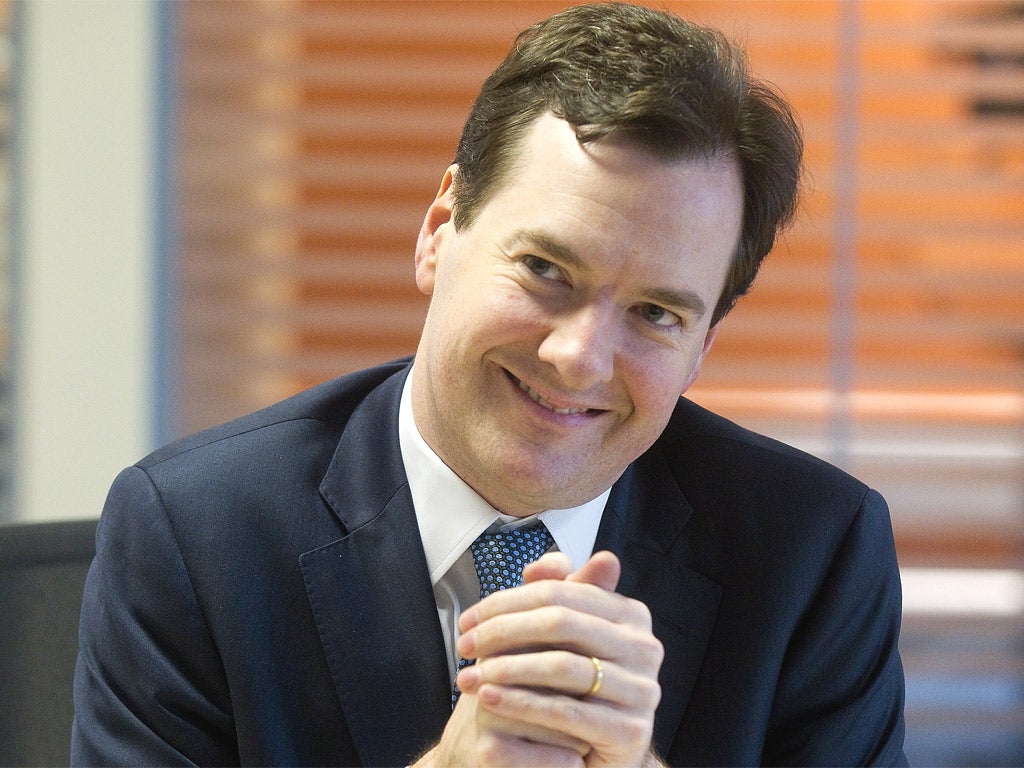Osborne warns of EU referendum if banking sovereignty threatened

George Osborne delighted Tory MPs yesterday – and fired a shot across the bows of European leaders – as he signalled that ministers were prepared to call a referendum over Britain's place in the European Union. The Chancellor also warned that Britain was ready to wield its veto in Brussels if there was an attempt to impose fresh controls on UK banks as a result of moves to tackle the deepening eurozone crisis.
In remarks that were aimed as much at EU leaders as the Tory right, Mr Osborne suggested that a nationwide vote could happen if negotiations over the eurozone resulted in a "reshaped relationship with Europe".
He said: "A reshaped relationship with Europe would imply, would involve, a transfer of sovereignty or powers to Brussels... If there is any transfer of power from this country, transfer of competence or transfer of sovereignty from this country to the European Union, then there will be a referendum."
Although Mr Osborne said there was a "remorseless logic" to creating "something more akin to a banking union or a financial union" among eurozone members, he made clear that Britain would not be part of it.
He spoke after David Cameron returned from talks in Berlin with the German Chancellor, Angela Merkel, at which she rejected Britain's demands that Germany come up with an immediate plan of action to prevent the implosion of the euro.
The Prime Minister is pressing for Germany to take decisive action within weeks to rescue such beleaguered economies as Greece and Spain and shore up the currency. But she told him that it would "take years" to fix the single currency's problems.
Mr Cameron went to the Berlin talks with US President Barack Obama's backing to urge Ms Merkel to come up with an "immediate plan" to put the brake on the crisis sparked by spiralling Greek debt and Spain's continuing inability to recapitalise its banks to the tune of €80bn (£65bn).
Mr Cameron urged Ms Merkel to accept the issue of eurobonds to provide an immediate remedy, but she gave no sign that Germany was prepared to alter its opposition to eurobonds.
She told Mr Cameron: "It is human to think that the euro crisis could be solved in one fell swoop, but I don't think this would work. The euro crisis developed over 10 years and it is going to take several years before we can repair the system and make it viable again."
Join our commenting forum
Join thought-provoking conversations, follow other Independent readers and see their replies
Comments
Bookmark popover
Removed from bookmarks